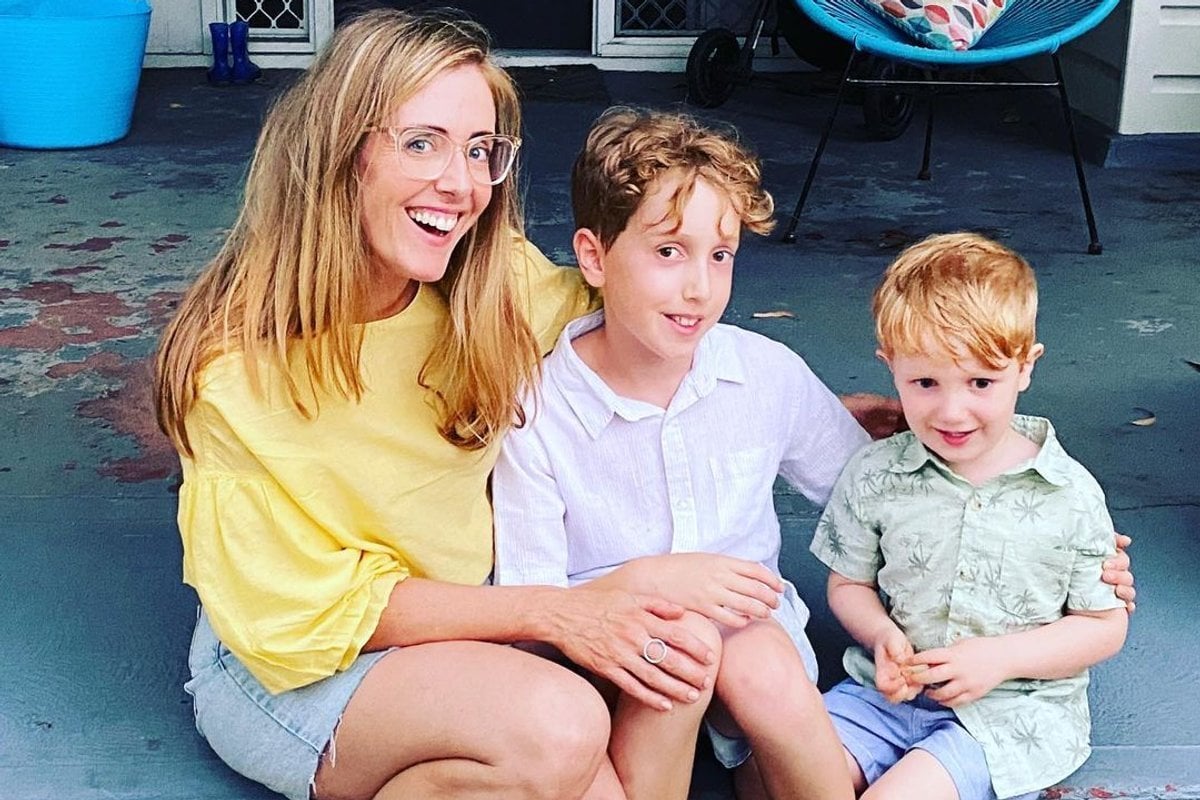
This week, 50 prominent women in the US made world news after taking out an advertisement in the New York Times to ask that the Biden administration consider paying mums for their unpaid, unseen labour.
Led by Reshma Saujani, Founder and CEO of Girls Who Code, the ‘Marshall Plan for Mums’ [or 'Moms', as they write in the US] campaign calls for a short-term payment to compensate pandemic-exhausted mums. There is also a list of other vital family-friendly policies such as paid parental leave, affordable childcare and pay equity.
As a mum and friend to many amazing mums around the world, it would not be a surprise to read that I love the idea of properly paying and supporting mothers and primary carers for the work that we do.
Watch: Be a good mum. Post continues below.
But it is not just about the work that mothers do, it is also about the work we ALLOW to happen while we care and clean and parent (for free) in the background.
Consider what would happen if all the mothers juggling multiple roles during the pandemic went on strike? What if the tired, depleted mums of planet earth decided they were no longer going to keep working while homeschooling their kids, cleaning their houses, emotionally supporting partners and cooking dinner.

Top Comments